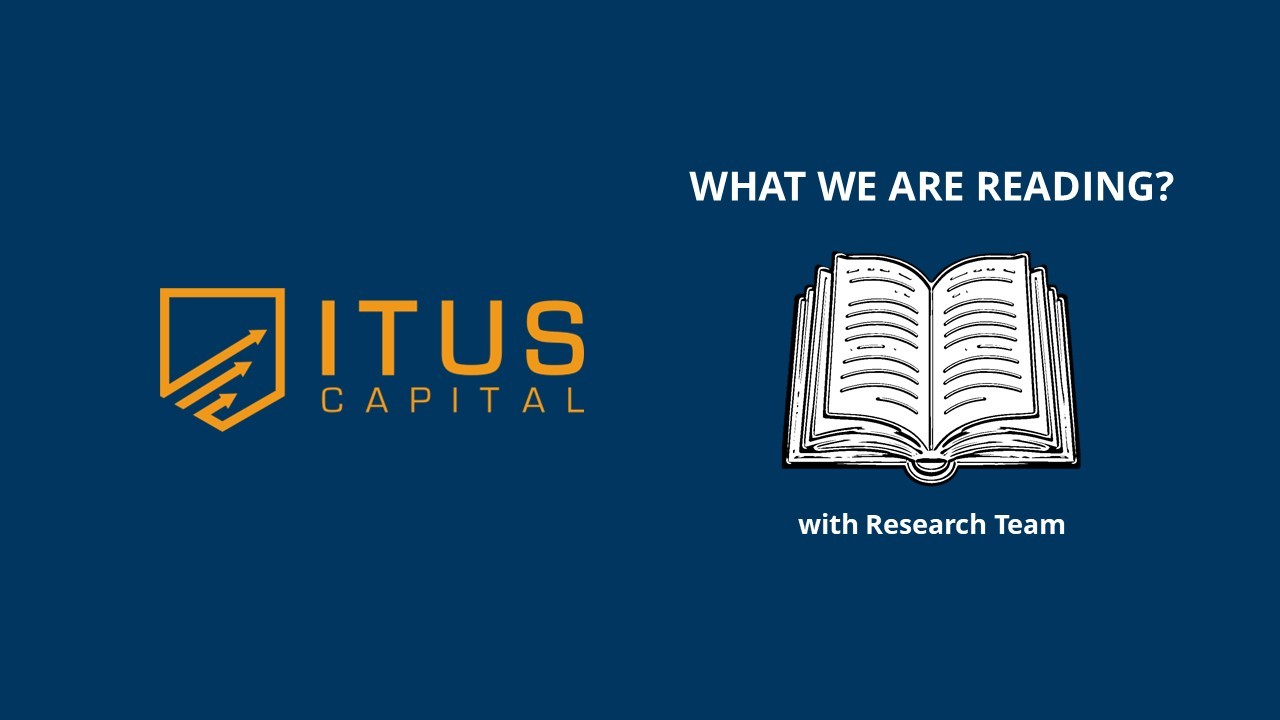
Being a sport fanatic, I stumbled upon a book written by commentator Harsha Bhogle and his wife Anita Bhogle, “The Winning Ways”. The book distils lessons from successful sports teams and athletes to offer valuable insights for leadership, teamwork and performance in business. However, there is one segment which struck chord with me.
India is a country which is dazzled by talent. Talent is often perceived as the ultimate determinant of success. When we witness exceptional ability, we tend to be in awe of it, believing that natural gifts alone can drive excellence. However, a deeper analysis of sustained success across various fields demonstrates that while talent may provide an initial advantage, it is attitude, perseverance and resilience that truly define long-term achievement.
In competitive environments, whether in sports, business, or academia, most top performers possess a similar level of innate ability, beyond a point. What differentiates them is their “Attitude”. Attitude counts far more than talent. Talent may open the initial doors for you but won’t be enough for a sustained success. An individual’s work ethic, discipline, and ability to adapt to challenges play a far more significant role than talent itself. For instance, in sports, numerous naturally gifted athletes have struggled when confronted with obstacles they were unprepared to overcome. The case of Indian cricketer Vinod Kambli exemplifies this—while immensely talented, he was unable to sustain his success once he faced technical and mental challenges, ultimately leading to an early end to his Test career.
One of the key indicators of long-term success is an individual’s response to failure. In high-stakes environments like the Australian Army, potential candidates are assessed not just on their accomplishments but also on how they have handled setbacks. Those who have never faced failure are often overlooked, as there is uncertainty about how they will react when confronted with adversity. This principle applies universally—individuals who have experienced and learned from failure demonstrate resilience and adaptability, crucial traits for sustained success.
Excellence is not merely about reaching the top but about continuous growth and learning. This requires an openness to making and learning from mistakes. Often, high achievers perceive mistakes as failures rather than opportunities for improvement. However, the ability to recognize, analyze, and correct mistakes fosters growth. A prime example of the power of attitude is the career of legendary cricketer Sachin Tendulkar. While he possessed immense talent, his unparalleled success was driven by his work ethic, discipline, and passion for improvement. As a 14-year-old, Tendulkar once 55 consecutive days of domestic cricket, demonstrating an extraordinary commitment to his craft. His achievements were not handed to him at birth but were the result of relentless effort and a growth-oriented mindset.
At Itus, whenever we would post an opening for a role at firm, we get hundreds of candidates with industry experience and educational qualifications. We have learned from experience that educational background, prior experience and even working toward the CFA designation had very little predictive power as to whether a person would end up doing great or just mediocre work. The most important factor we look out for is their “Attitude” and “Passion”.
While we get several mails with the standard resume and cover letters, we intentionally made applying for the job a time-consuming exercise. Every candidate who reaches out to us, receives four to five questions – List the books you’ve read over last twelve months (not limited to just investing & finance); give us a sample of a stock idea analysis; write a few paragraphs about two people (dead or alive) who impacted you the most and tell us why and why we’d be making the biggest mistake of our professional lives by not hiring you.
If a person can’t spend two hours to answer these in detail, how would he/she spend hours studying companies. Secondly, we believe that one’s investment strategy is like a piece of tight clothing: Just because it fits and looks good on someone else, doesn’t mean it’s a good fit for you. Your investment strategy has to fit your personality; it has to wrap around your biases and life experiences. Only when you understand yourselves, it could help you deal in times of ambiguity because unlike the excel models, the stock does not move in a linear way. Hence, these questions help us get a glimpse of you and help us understand if you are the right fit for the organisation.
I will end up with a quote, which remains etched in my brain:
“Hardwork will always overcome natural talent, if the talent does not work hard enough”- Sir Alex Ferguson.